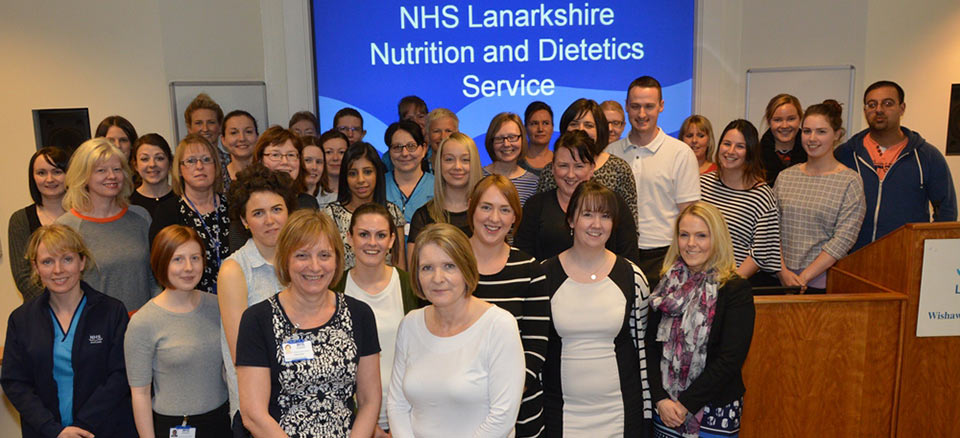The Evening Times ran an article about figures in a new report showing that women from Lanarkshire experience higher-than-average rates of stillbirth and neonatal deaths than other parts of Scotland. The region recorded the second-highest rate in Scotland with 6.42 deaths per 1,000 births. However it is worth noting that the figure of 7,096 Lanarkshire resident […]
Food for thought in diet choices

When we are ill, we go to our GP. If we have toothache, we find a dentist. But if we want to improve our diet, many take the advice of a celebrity columnist before a dietitian.
Dietitians are now addressing this with a national campaign which appeals to the public to trust their dietary advice rather than the opinions of often well-meaning but ill-informed others.
Entitled ‘Trust a Dietitian’ it points out that only a qualified dietitian can give support and advice that is specific to an individual’s requirements.
Eileen Barr, specialist dietitian within mental health services, said: “Many people claim to be experts in nutrition yet have very limited knowledge.
“Some of these individuals can offer contradictory or conflicting advice which can leave people confused, bemused or, in extreme cases, have a negative impact on their health.
“We want to highlight to people, that there can be a huge difference between a qualified dietitian and a so called, diet ‘expert’.
“For example, a registered dietitian is the only qualified health professional who can assess, diagnose and treat dietary and nutritional problems at an individual and wider public health level.
“They also work with both healthy and sick people and, uniquely, they use the most up-to-date public health and scientific research on food, health and disease which they translate into practical guidance to enable people to make appropriate lifestyle and food choices.
“Dietitians are also the only nutrition professionals regulated by law, and are governed by an ethical code to ensure they always work to the highest standard.”
Eileen continued: “A registered Dietitian is able to interpret the science of nutrition to improve health and treat diseases and conditions by educating and giving practical advice.
“They are also able to advise and help those who want to trial dietary interventions such as exclusion diets, nutritional supplementation or dietary interventions and use recognised methodologies to critically appraise the evidence base.”
For more on why you should trust a dietitian, visit: http://www.trustadietitian.co.uk/why-trust-a-dietitian/


Comments are closed.